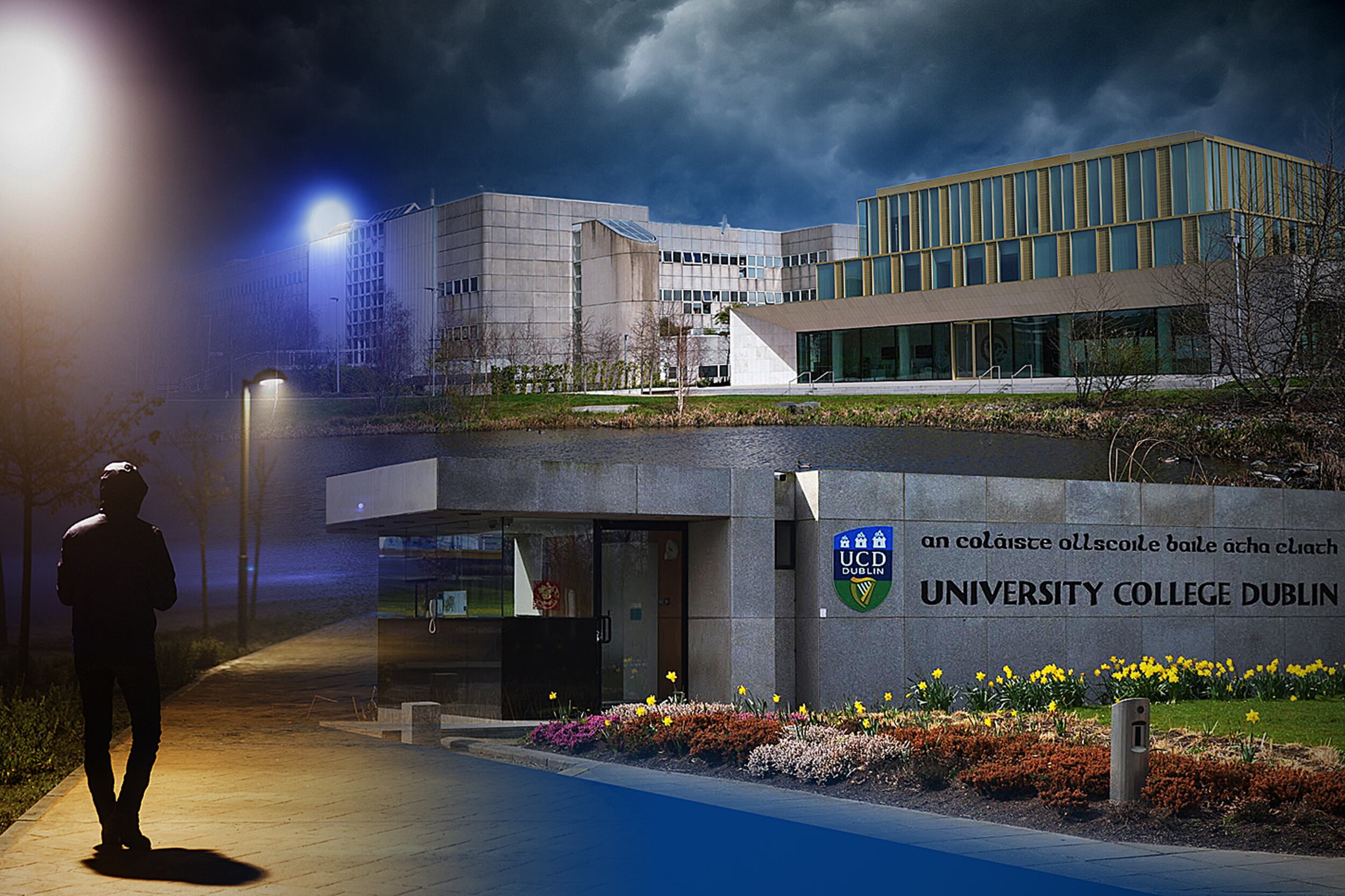Fewer than one in eight third-level students who anonymously disclosed experiences of bullying, assault or sexual violence over a two-year period felt comfortable making a formal report to their Higher Education Institution (HEI).
Of 1,011 people, from 16 institutions, who made a Speak Out disclosure between September 1st, 2022, and August 31st, 2024, only 20 per cent of staff and 12 per cent of students felt comfortable enough to lodge a formal report with their HEI. Just four per cent of students had taken their cases to gardaí.
First piloted in 2021, the online platform was introduced as part of a move aimed at addressing the “culture of silence around these difficult and traumatising experiences” in HEIs.
Data collected by the platform, released in a report on Tuesday, shows fear of inaction as the most common reason why most incidents are left unreported by students and staff.
READ MORE
The majority of reasons given by respondents pointed to “a lack of knowledge of HEI policies and procedures and low levels of institutional trust,” it said.
Of the Speak Out disclosures, 63 per cent were related to students and 30 per cent were staff, while 78 per cent reported on their own behalf.
Speak Out is now used by 17 HEIs across Ireland, with Mary Immaculate College in Co Limerick having joined last month. Taking into account data from University College Dublin, which uses its own tool called Report and Support, the number of anonymous disclosures rises to 1,184.
Elaine Mears, co-ordinator of the national Speak Out office in Trinity College Dublin, said the project aims to break down the fear around making a disclosure.
People are often reluctant to make a formal report to their HEI or gardaí because, she said, “they feel that nothing will be done, they feel disempowered, they’re afraid that it’s going to negatively impact them”.
Since its introduction, Speak Out has been “instrumental in laying the foundation in terms of people building policies and procedures within each third level for formal reporting,” she added.
The most common behaviours experienced were bullying and harassment. Discrimination was noted in 18 per cent of staff cases, compared to 13 per cent of student cases. Bullying accounted for 382 reports, 35 per cent of staff cases and 19 per cent of students.
Sexual violence and sexual harassment accounted for a quarter of behaviours, while 58 disclosures of stalking were made.
Across the board, reporters were predominantly women, at 71 per cent for students and 80 per cent of staff.
The report noted the number of submissions to Speak Out are “not a direct reflection of the prevalence of these behaviours, and that in reality the actual incidence is likely far higher”.
According to the report, marginalised people are disproportionately affected by issues of abuse in HEIs. Almost half (49 per cent) of people who completed the demographic questions on Speak Out indicated that they had one or more marginalised identities, which included being an ethnic or religious minority, LGBTQI+ individual or a person with a disability.
Previous research indicates that around a fifth, or 20 per cent, of new third level entrants in Ireland have a disability, but 37 per cent of Speak Out reports were made by disabled people.














